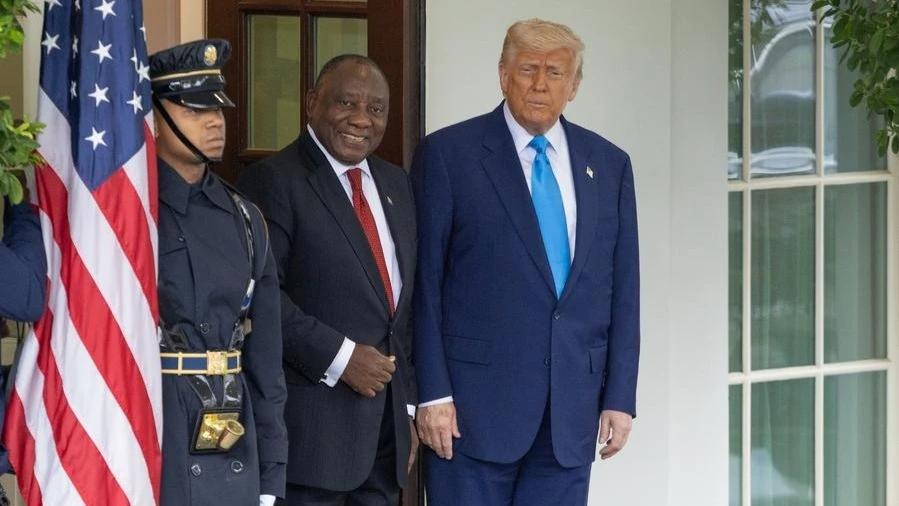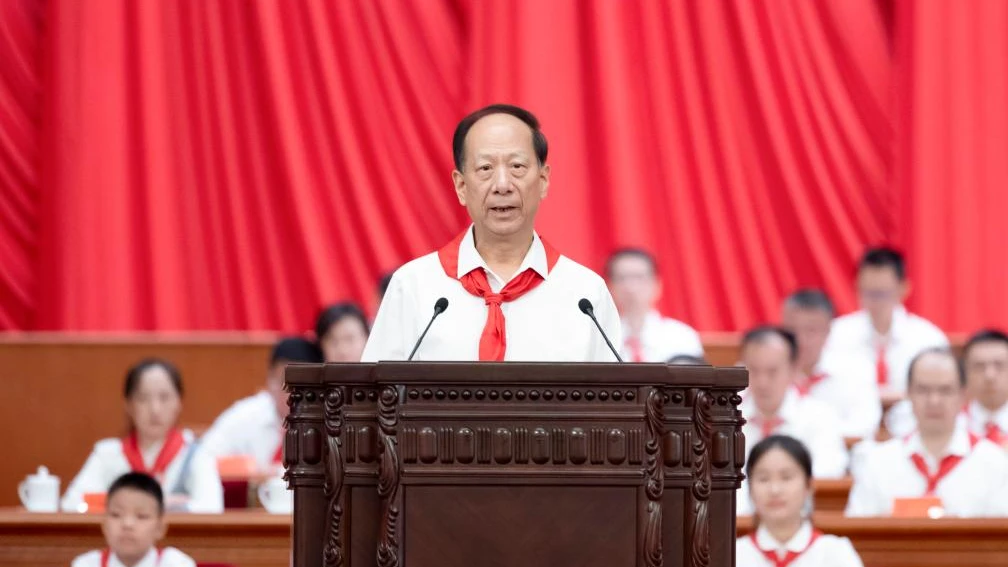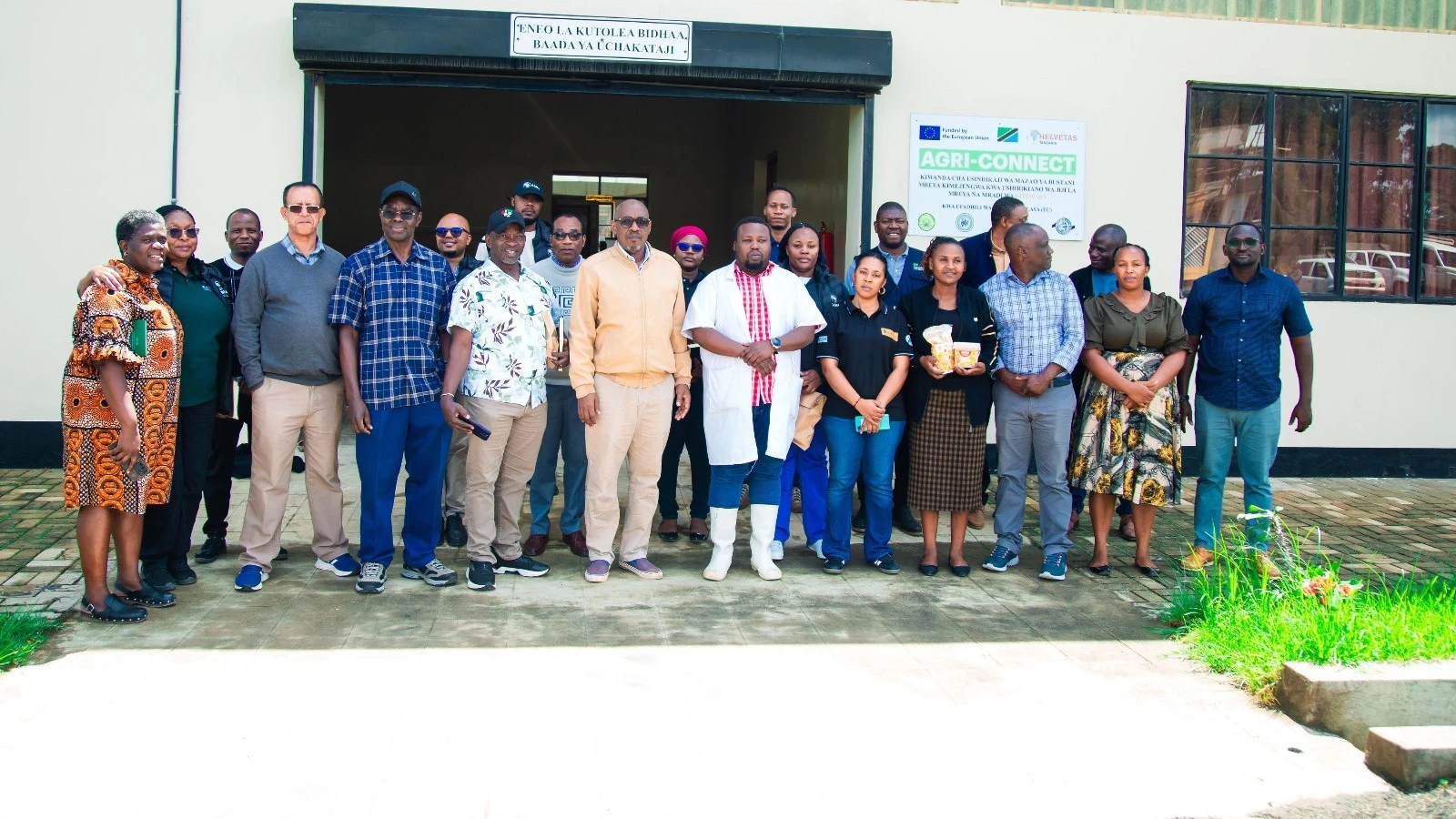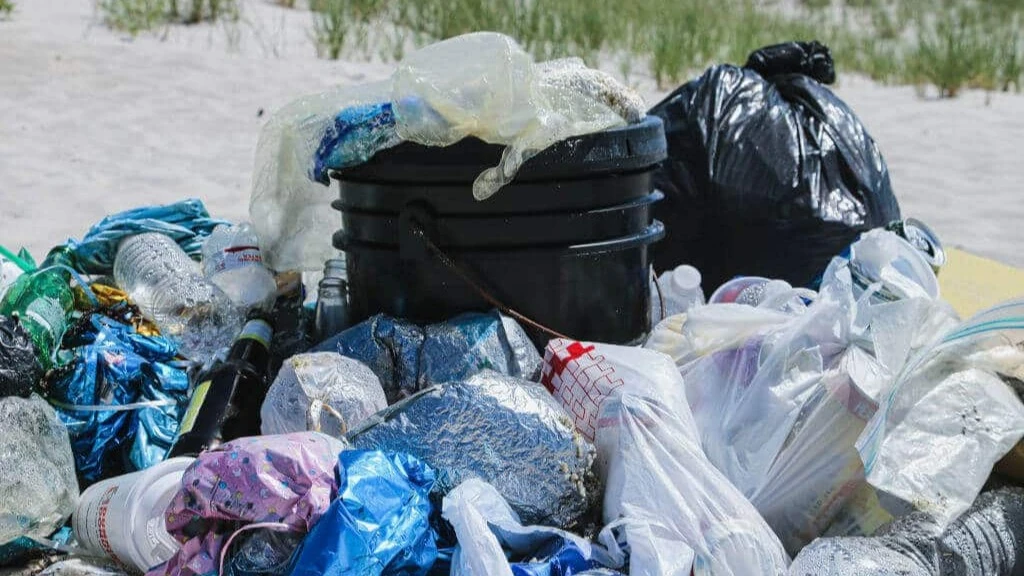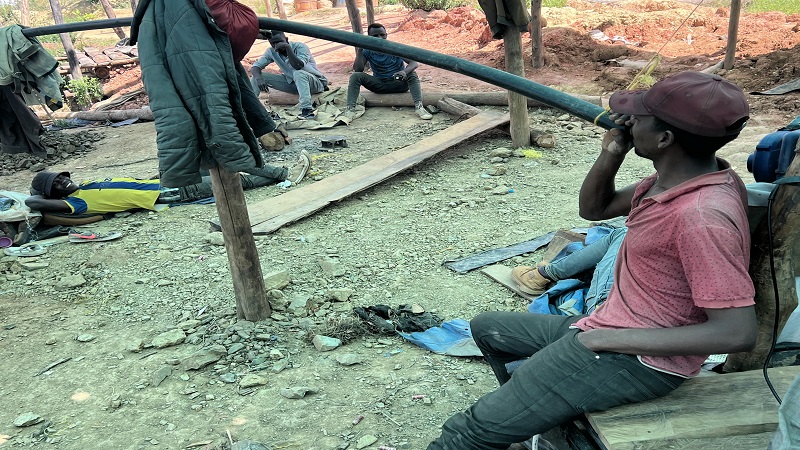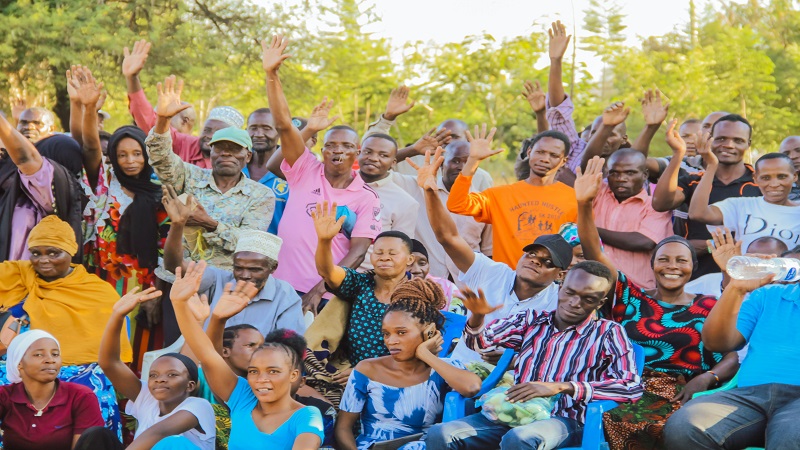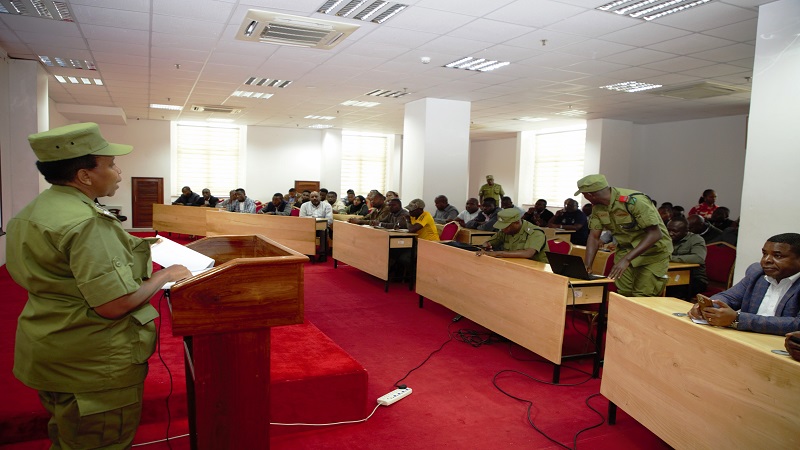Beyond farming: How agribusiness is fuelling gender-inclusive growth
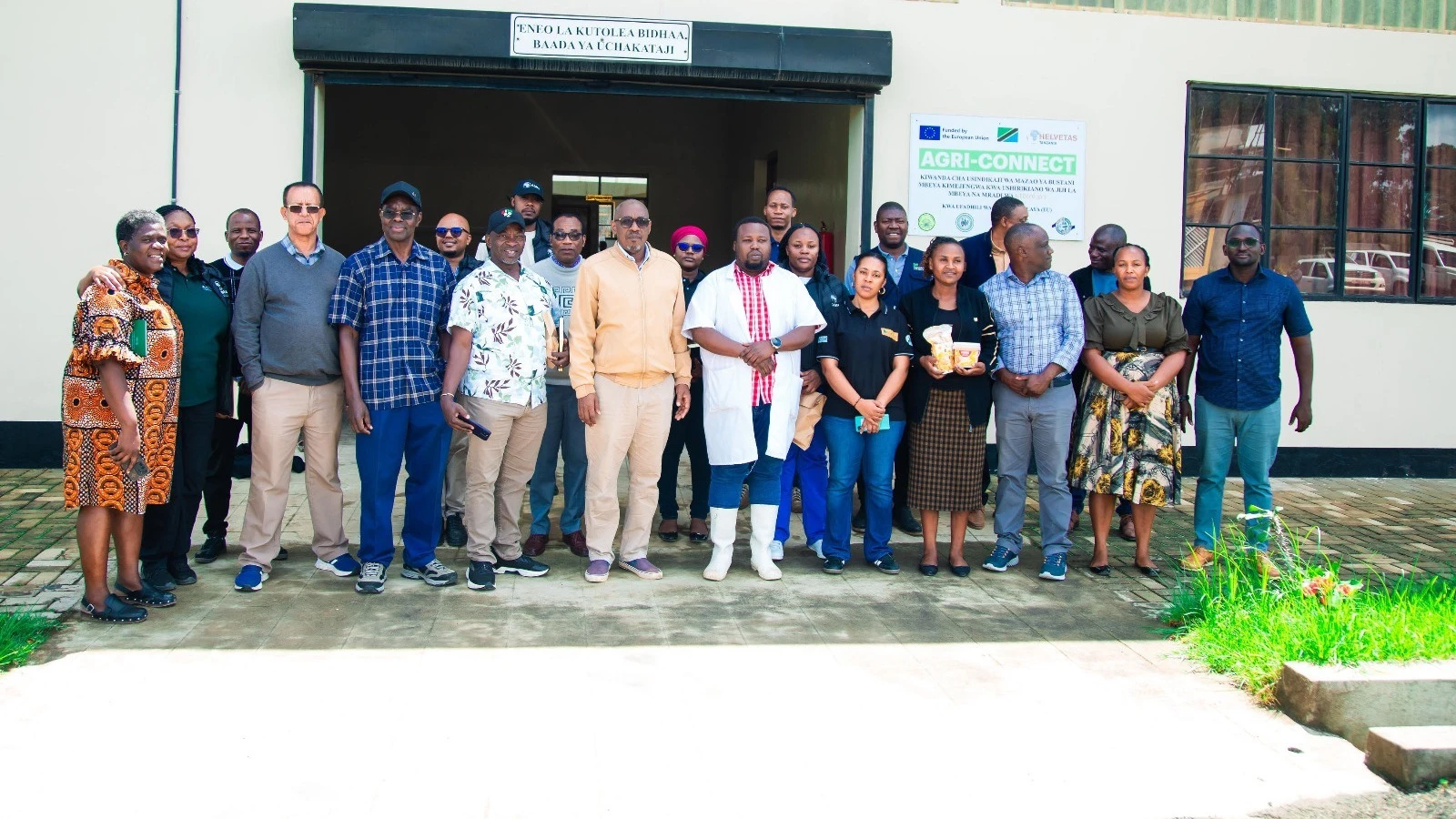
WHEN someone talks about economic growth, people would often think of boardrooms, skyscrapers and ambitious infrastructure projects. Sometimes, real transformation begins in the humblest of places—like a small, smoky kitchen tucked away in a rural village outside Mbeya Region.
That’s where Agnes Nzowa stood just two years ago, stirring banana slices over a charcoal stove, unaware that this simple act would ignite a journey from homemaker to Chief Executive Officer.
Nzowa is now running Huno Plus, a flourishing agribusiness brand producing banana chips and peanut butter, with her products now found in supermarkets across the region.
Hers is not just a success story—it’s a statement. It is a testimony that when women are given knowledge and opportunity, they don’t just lift themselves—they raise communities and improve the livelihoods of several others.
For much of her adult life, Nzowa lived like many women in Tanzania, working tirelessly at home, raising children, managing meals and surviving from one day to the next. Her labour, though vital, was invisible—unpaid, unrecognized and undervalued.
“I never saw myself as a businesswoman,” she admits. “I just wanted to find a way to help feed my family.”
Her turning point came in 2023, when she was identified by Rikolto, an organization promoting inclusive agriculture. Through Rikolto, she was connected to YEFFA, a youth and women-focused agribusiness initiative backed by the Alliance for a Green Revolution in Africa (AGRA).
What they gave her wasn’t just equipment or cash. It was training—real, practical knowledge in business development, capital management, and value addition. For Nzowa, that was everything.
“With the training, I found courage,” she says. “I believed I could do something.”
With just 100,000/- (about $40) saved from household scraps and the support of AGRA, Nzowa began small-batch production of banana chips and peanut butter from her kitchen. It wasn’t glamorous. There was no machinery, no sleek branding, no access to high-end packaging. Just pots, pans and sheer willpower. But what she lacked in resources, she made up for in grit and attention to quality.
Soon, her snacks—crisp, flavourful and affordable were sold in almost all local markets, roadside shops and supermarkets. Customers took notice, so did suppliers. Eventually, her products landed on major supermarket shelves in Mbeya town.
By the end of 2024, Nzowa had earned more than 3m/- ($1,153) in net profit from banana chips alone. What started as a survival tactic became a business. And what began in a kitchen now supports an entire family and others too.
Agribusiness is about equity
Agribusiness is often about equity with a focus on fairness and equal access to opportunities within the agricultural industry. It ensures that all stakeholders, particularly women, smallholders and marginalized communities, have equal access to resources, markets and financial services
Nzowa’s rise is not an isolated miracle. It’s a direct result of intentional, inclusive investment—the kind that AGRA and YEFFA are making in rural Tanzania.
Too often, agricultural investment in Africa focuses on large-scale mechanization or commercial farms. But this overlooks the power of value addition at the grassroots level, especially when women are at the helm.
Nzowa didn’t inherit land or receive a big grant, what she needed was knowledge, confidence and a small kick-s tart.
Challenges
“Most of us buy packaging from the same place,” she says. “Our products end up looking alike—it’s hard to stand out.”
It’s a small problem with big implications. Without attractive, distinctive packaging, many rural entrepreneurs struggle to compete on broader platforms. Their products are good—but their presentation holds them back. That’s where policy and private sector support must catch up.
Agnes is not just an entrepreneur, she is a mentor. She now guides other women in her community, sharing advice on budgeting, product quality and growing a business from scratch.
Nzowa’s story is a testimony that the success of one woman can spark the ambition of many and yet, for every young entrepreneur who rises, countless others remain stuck, brimming with potential but lacking access, training, or belief.
Her story should not be a rare exception. It should be the rule. To make that happen, there should deliberate efforts to invest in women-led agribusinesses, not just with tools and seeds, but with skills in branding, digital marketing and product development.
There should be efforts to support packaging innovation for rural products to meet competitive market standards, scale up initiatives like YEFFA, which combine inclusivity, training, and real-world business support and elevate role models like Nzowa. Showing young women that entrepreneurship is not only possible, it’s powerful.
Nzowa once stood in a kitchen with no income and no plan. Today, she stands as a CEO building a brand with regional reach. Her life changed not through charity, but through capacity, courage and community support.
She reminds us that economic transformation begins with people, not policies alone—and that the kitchens of rural Tanzania may hold more promise than we think.
So let’s ask ourselves, what would happen if every woman like Nzowa is given the same chance? Because if she can rise from 100,000/- and a single stove, imagine what thousands of women could do with the right support and a little belief.
Top Headlines
© 2025 IPPMEDIA.COM. ALL RIGHTS RESERVED











